- Home
- About Us
- TSPT Academy
- Online Courses
-
Resources
- Newsletter
- Business Minded Sports Physio Podcast
- Day in the Life of a Sports PT
- Residency Corner
-
Special Tests
>
-
Cervical Spine
>
- Alar Ligament Test
- Bakody's Sign
- Cervical Distraction Test
- Cervical Rotation Lateral Flexion Test
- Craniocervical Flexion Test (CCFT)
- Deep Neck Flexor Endurance Test
- Posterior-Anterior Segmental Mobility
- Segmental Mobility
- Sharp-Purser Test
- Spurling's Maneuver
- Transverse Ligament Test
- ULNT - Median
- ULNT - Radial
- ULNT - Ulnar
- Vertebral Artery Test
- Thoracic Spine >
-
Lumbar Spine/Sacroiliac Joint
>
- Active Sit-Up Test
- Alternate Gillet Test
- Crossed Straight Leg Raise Test
- Extensor Endurance Test
- FABER Test
- Fortin's Sign
- Gaenslen Test
- Gillet Test
- Gower's Sign
- Lumbar Quadrant Test
- POSH Test
- Posteroanterior Mobility
- Prone Knee Bend Test
- Prone Instability Test
- Resisted Abduction Test
- Sacral Clearing Test
- Seated Forward Flexion Test
- SIJ Compression/Distraction Test
- Slump Test
- Sphinx Test
- Spine Rotators & Multifidus Test
- Squish Test
- Standing Forward Flexion Test
- Straight Leg Raise Test
- Supine to Long Sit Test
-
Shoulder
>
- Active Compression Test
- Anterior Apprehension
- Biceps Load Test II
- Drop Arm Sign
- External Rotation Lag Sign
- Hawkins-Kennedy Impingement Sign
- Horizontal Adduction Test
- Internal Rotation Lag Sign
- Jobe Test
- Ludington's Test
- Neer Test
- Painful Arc Sign
- Pronated Load Test
- Resisted Supination External Rotation Test
- Speed's Test
- Posterior Apprehension
- Sulcus Sign
- Thoracic Outlet Tests >
- Yergason's Test
- Elbow >
- Wrist/Hand >
- Hip >
- Knee >
- Foot/Ankle >
-
Cervical Spine
>
- I want Financial Freedom
- I want Professional Growth
- I want Clinical Mastery
|
It is hard to believe I have already been a practicing clinician for 3 years. I know those of you who have been in the clinic for five to ten+ years are laughing right now. Time is not slowing down, which is both exciting and intimidating. Personally, I have found one of the best ways to help slow down is by stopping to reflect on what I have achieved and what I want the future to hold. In this post, I will reflect on what I have learned as a Doctor of Physical Therapy and where our profession needs to go in the years ahead. One of the most foundational concepts I have learned is too keep the treatment sessions simple. We have access to so many resources and new innovative theories, there is a tendency to overcomplicate what we do. When it comes down to it, we are movement specialists. If something is stiff, move it. If something is weak, stabilize it. When a patient scenario is not adding up, there is likely some biopsychosocial variables that need to be addressed. In the end, we need to focus on treating the impairments, and not dwell on the pathoanatomy. Secondly, pain science is the hot topic right now...and rightfully so. If we are not addressing the biopsychosocial aspects of our patients' pain, we are doing them a disservice. Addressing these components is uncomfortable and complicated, but these issues are not going away. As our society continues to grow more obese, over stimulated, and over medicated, the biological and psychological influences of pain will continue to magnify. Physical therapists are one of the only providers to address these components. Combining pain science, manual therapy, and retraining movement patterns will continue to give the best outcomes. 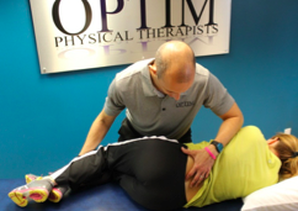 Finally, it is essential to get involved in post-doctoral education. When I graduated from PT school, I knew a little about a wide variety of topics. PTs graduate as a 'jack of all trades, but master of none.' Pursuing a residency program and teaching for OPTIM Manual Therapy Fellowship have allowed my practice to expand in ways I never anticipated. The material that is covered is essential, but even more importantly, the conversations that occur when I surround myself with like minded individuals allows for the greatest growth to occur. As a profession, if we want to continue our path towards direct access and autonomy, it is essential become experts in the field. -Jim Heafner PT, DPT, OCS 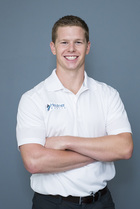 Jim earned his Doctorate of Physical Therapy from Saint Louis University. He is a certified Orthopedic Clinical Specialist and trained in the Selective Functional Movement Assessment (SFMA) and Functional Movement Screening (FMS) systems. His educational and clinical background have made him an expert in manual and manipulative physical therapy as well as functional movement. When Jim is not treating patients in the clinic, he focuses his attention on educating fellow physical therapists in the profession, teaching manual therapy courses in Arizona. In addition, his physical therapy based blog attracts upwards of 65,000 views per week. Learn more about Jim by checking out his LinkedIn profile
0 Comments
Leave a Reply. |
Dr. Brian Schwabe's NEW Book in partner with PaleoHacks!
Learn residency-level content on our
Insider Access pages We value quality PT education & CEU's. Click the MedBridge logo below for TSPT savings!Archives
July 2019
Categories
All
|

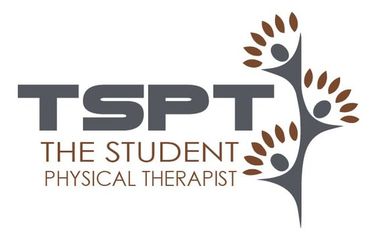
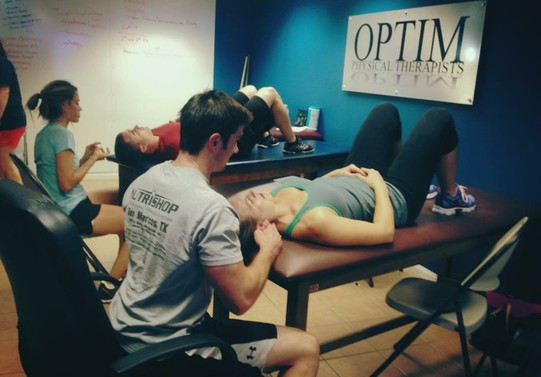
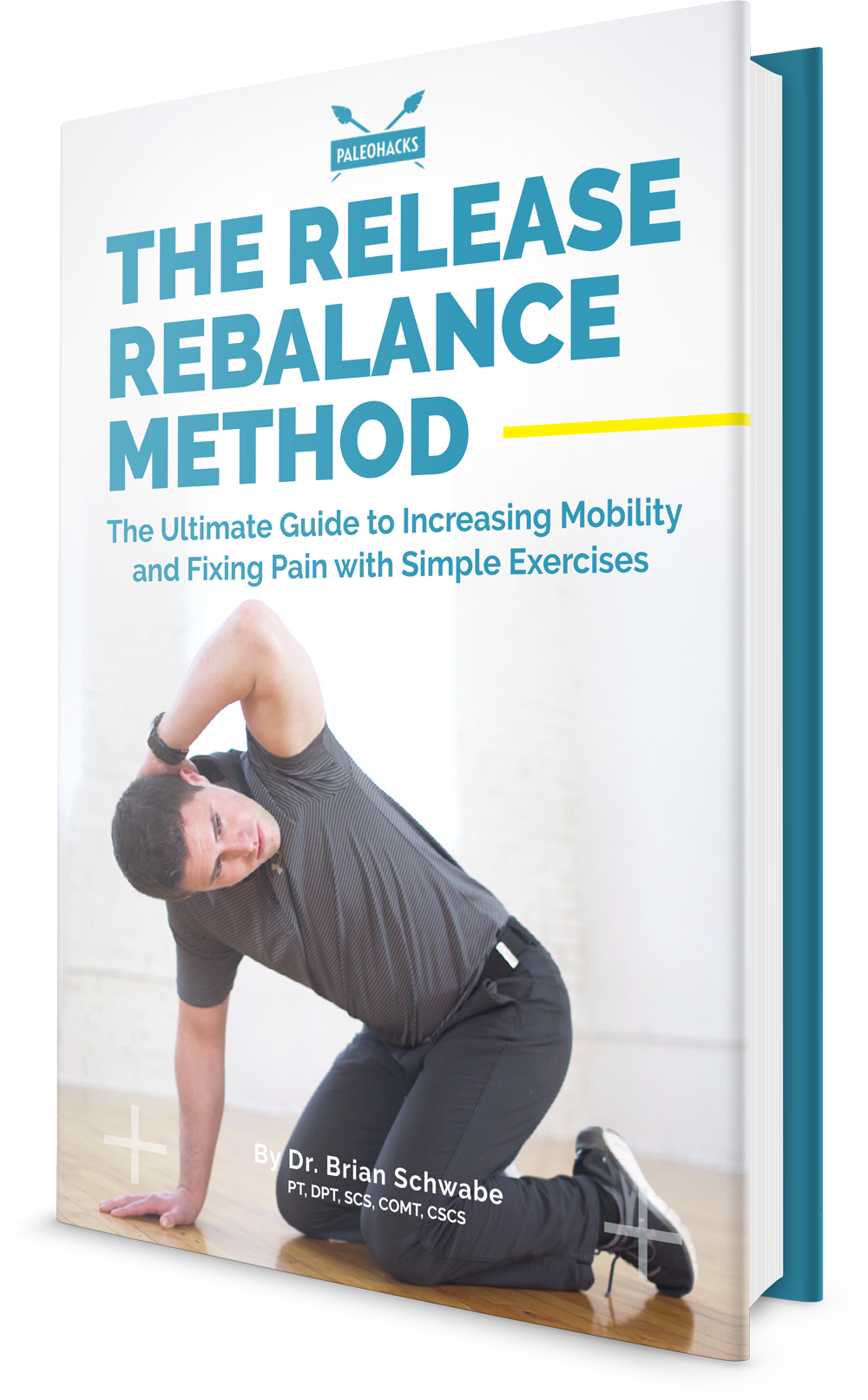



 RSS Feed
RSS Feed